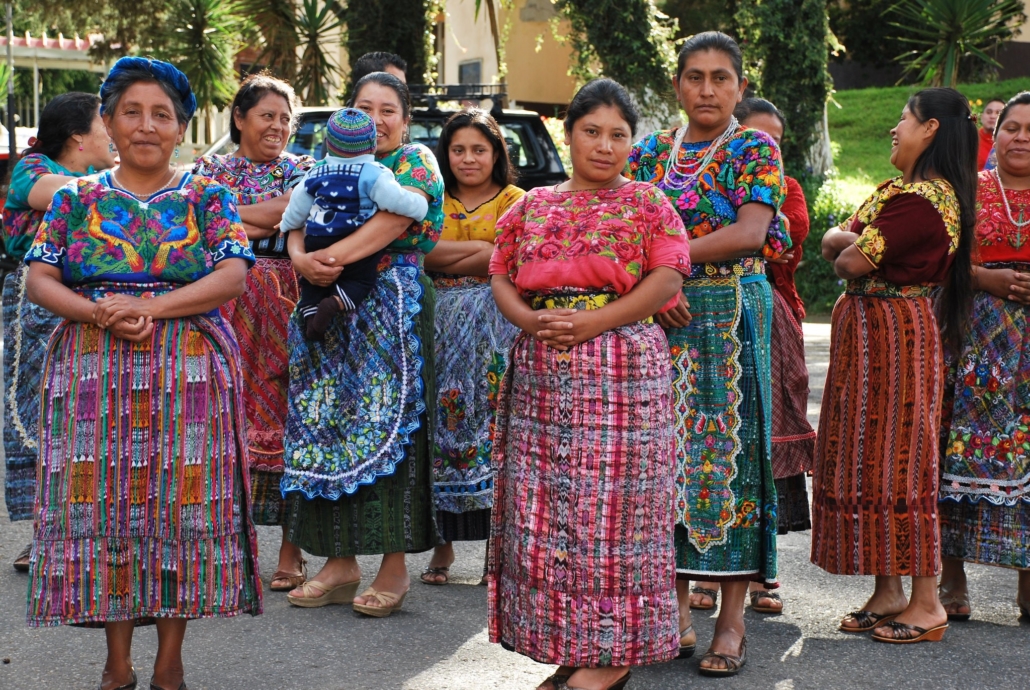Every Mother Counts: Maternal Health in Guatemala

In 2010, American supermodel Christy Turlington Burns founded the nonprofit organization, Every Mother Counts (EMC). Following Turlington’s own challenging experience with postpartum hemorrhage, she realized that many women do not have access to the necessary resources for safe child delivery, especially when physical or mental implications arise post-partum. The organization dedicates itself to making pregnancy a safe experience for all expecting mothers.
By globally campaigning and targeting the critical flaws associated with maternal health, EMC has made significant strides toward reducing maternal mortality rates. In addition to its mobilization and awareness efforts, EMC currently provides funding for community-based programs in six selected countries. This specific roster includes how the organization aids maternal health in Guatemala.
Maternal Health in Guatemala
The most common postpartum complication and the main cause of maternal mortality is postpartum hemorrhage, otherwise known as internal bleeding. When untreated, the uncontrollable loss of blood may become fatal. Despite the dangers this poses, it is possible to mediate complications and prevent death when a specially qualified doctor or midwife is present.
Similar complications and the lack of essential healthcare contribute to the high maternal mortality rate in Guatemala: approximately 115 deaths per 100,000 live births. This alarming ratio represents the highest maternal mortality rate in Latin America. It also indicates the dire reality to which many expecting mothers are subject, including inadequate and unequal distribution of necessary prenatal and delivery services, insufficient access to necessary nutrition and overall poor social conditions.
Women living in rural areas — typically practicing traditional, indigenous lifestyles — are most at risk. In comparison to the national average, nearly three-fourths of maternal deaths occur among the indigenous population.
The combination of unstable living conditions, high fertility rates and the fact that doctors attend a low percentage of births reveal the validity of this statistic. For context, more than half of rural births occur under the supervision of under-qualified indigenous midwives, known as comadronas. Since many of them do not have the necessary skills or medical training required in the event of an issue, this leads to greater risks during delivery.
Long-term Advancements by Every Mother Counts
EMC’s contributions have led to collaborations with regional organizations in Guatemala. In partnership with Asociación Corazón del Agua, EMC has provided $180,000 in grant support toward Corazón’s university-level training programs for midwives, or parteras. Corazón is a national midwife program; recruiting students from regions with high rates of maternal mortality and incorporating indigenous traditions, such as certain birthing practices and plant-derived medicines into their training. Corazón also provides national protection for the midwife profession by certifying midwives as qualified to aid in childbirth across the country.
EMC also partners with Asociación de las Comadronas del Area Mam (ACAM). ACAM is a collective of comadronas that provides pregnant women essential healthcare and transportation services through its birth center and mobile clinics. In addition, the collective also focuses on upholding and teaching Mayan traditions in relation to pregnancy and birth. ACAM is able to continue these services and make an impact nationally based on the grants from EMC: totaling $226,000 to date.
Through its investments in midwife training, EMC is actively preventing maternal deaths and improving the overall quality of maternal health in Guatemala.
– Samantha Acevedo-Hernandez
Photo: Flickr
